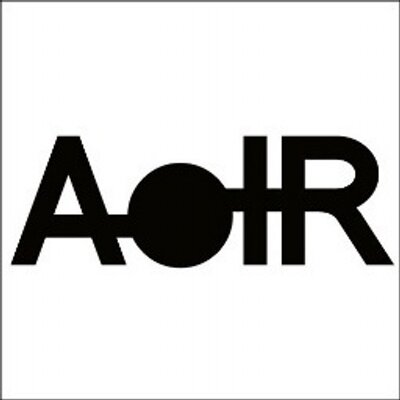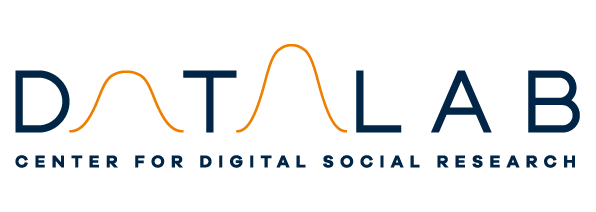DATALAB contributes to AoIR’s Internet Research Ethics Guidelines 3.0
As a reaction to new technological developments, including the political and institutional pressure on researchers, the Association of Internet Researchers (AoIR) has recently published the third edition of guidelines for ethics in Internet Research: “Ethical Guidelines 3.0” (IRE 3.0).

Academic research is built on a foundation of trust, and research ethics is a cornerstone in this foundation. As we are currently witnessing a profound distrust in the internet – advanced by among other things the Cambridge Analytica scandal, disinformation on social media and several massive data hacks – attention to ethics in internet research is now more important than ever. To further support this, the Association of Internet Researchers (AoIR) recently released their new guidelines for Internet Research Ethics – IRE 3.0.
IRE 3.0 is a result of three-year long collaboration with numerous of contributors to AoIR ethics panels, including contributions from DATALAB. The Association of Internet Researchers (AoIR) is an academic association dedicated to advance the cross-disciplinary field of Internet studies. Their aim is to assist researchers in making ethical decisions in their research.
As a partner in the project, DATALAB’s research director Anja Bechmann Co-Chaired the project and authored one of the companion resources in the IRE 3.0, where the structure and approach of the IRE 3.0 is applied specifically on the use of Machine Learning and AI models in internet research. The aim is to allow researchers to assess and justify the methods in their research and to improve the trust in generated knowledge and the subjects involved. Other DATALAB contributions come from Ane Kathrine Gammelby, Anne Hove Henriksen and Stine Riis Ebbesen, who have all provided support in different ways.
IRE 3.0 is – like IRE 1.0 (2002) and IRE 2.0 (2012) – driven by ongoing developments in technological, legal, and ethical contexts. IRE 3.0 serves as a supplement to the previous guidelines. While IRE 1.0 and IRE 2.0 provided basic ethical approaches, IRE 3.0 addresses the ethical challenges that arise across different stages of research, the problem of informed consent in Big Data research approaches, and the issue of protecting the researchers. Furthermore, IRE 3.0 offer a general structure for ethical analysis, which is designed to help researchers identify the ethically relevant issues and questions. The IRE 3.0 can be helpful for those who face ethical concerns during their research or people who have a general interest in Internet Research Ethics. IRE 3.0 should be approached as a guide for developing extensive analyses of both specific current and future issues.
With IRE 3.0 researchers are given an improved framework to deliberate themselves in the process of performing ethically informed decisions and research practices.

